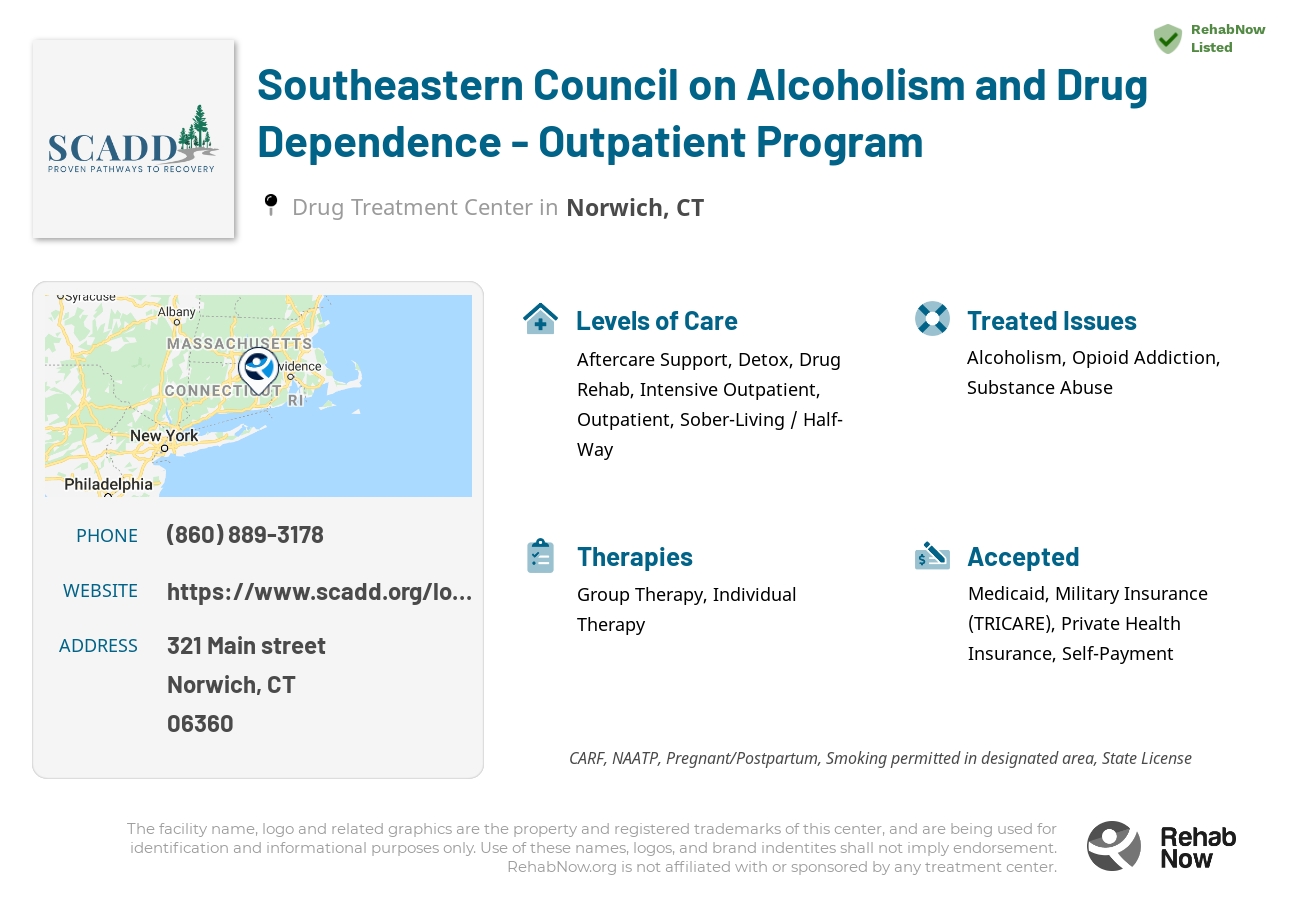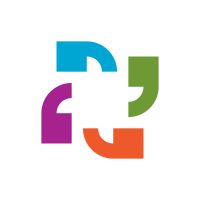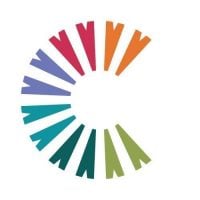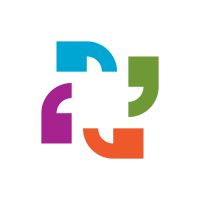
Southeastern Council on Alcoholism and Drug Dependence - Outpatient Program
Drug Rehab Center in Norwich, Connecticut
- Substance Abuse
- Opioid Addiction
- Drug Addiction
- Alcoholism
The Southeastern Council on Alcoholism and Drug Dependence - Outpatient Program is a drug rehab center located in Norwich, Connecticut that provides outpatient services and aftercare support for those suffering from addiction to alcohol, opioids, substances, and drugs and accepts insurance.
About This Connecticut Facility
Southeastern Council on Alcoholism and Drug Dependence - Outpatient Program is an addiction treatment facility located in Norwich, Connecticut. Founded in 1966, this facility aims to provide assistance to individuals struggling with alcoholism, opioid addiction, substance abuse, and drug addiction. They offer a range of different levels of care including Aftercare Support, Detox services, Drug Rehab programs, Intensive Outpatient treatments, Outpatient care, Sober-Living/Half-Way homes, and Residential programs. Southeastern Council on Alcoholism and Drug Dependence - Outpatient Program accepts Private Health Insurance and is affiliated with SCADD.
Southeastern Council on Alcoholism and Drug Dependence - Outpatient Program provides various services and treatment methods for individuals battling addiction and substance abuse. Their programs focus on assisting those suffering from alcoholism as well as opioid addiction and drug dependency. In addition to traditional outpatient care, they offer detoxification services to help individuals safely withdraw from substances. The facility also provides residential levels of care such as sober-living/half-way homes for those needing a structured environment during recovery. Aftercare support is available to promote long-term sobriety and success beyond the initial treatment program. Southeastern Council on Alcoholism and Drug Dependence - Outpatient Program utilizes different approaches tailored to the individual's needs in order to facilitate lasting recovery from addiction.
Genders
Ages
Modality
Additional
Conditions and Issues Treated
A drug abuser needs help because if no one helps them, they will not leave their vicious circle.
People who abuse drugs are likely to suffer from an addiction, which can cause serious health problems. It can also cause quarrels with people around them. It is common for drug abusers to have difficulty holding down jobs or relationships, but sometimes people around them can be quite tolerant. There are cases where the families of the drug abusers do not want to see them get any help, and the subject becomes controversial.
When it comes to helping drug abusers get sober, there are many options to choose from. It is essential to state that there is no “correct” way of doing things. People are different, and they need different types of help to get over their addiction.
Opioid addiction treatment should be done in a medically supervised drug rehab. Opioid addiction treatment will include detoxification and drug rehab counseling to help both the user and their loved ones learn how to live a successful sober lifestyle. Methadone, buprenorphine, and naltrexone are three medications that can help treat opioid addiction. Individual drug rehab counseling sessions can be helpful to discuss any questions or concerns with the drug treatment program.
Levels of Care Offered at Southeastern Council on Alcoholism and Drug Dependence - Outpatient Program
This center offers a variety of custom treatment tailored to individual recovery. Currently available are Aftercare Support, Detox, Drug Rehab, Intensive Outpatient, Outpatient, Residential, Sober-Living / Half-Way, with additional therapies available as listed below.
Detoxification is the first step in drug addiction treatment. A controlled environment where symptoms can be managed with medication and close observation is provided by drug detoxification. Detoxification is an essential step in the recovery process, but it is also one of the most dangerous. Due to the potential danger, it’s critical to understand what detoxification is and how to complete it safely.
A detox program helps the person physically withdraw from drugs and helps them track their progress. So, suppose the person isn’t ready for sobriety (or relapses). In that case, the treatment professionals can catch it early and help re-orient them towards recovery.
The Intensive Outpatient Program at Southeastern Council on Alcoholism and Drug Dependence - Outpatient Program is for those who need intensive care but would rather get it in the comfort of their own home. The treatment programs vary in duration and intensity and can be tailored to suit the individual’s needs. IOP helps the patient to live at home and gradually get back to their routine life.
Daily trips to the hospital that provides the treatment include intensive outpatient services (IOP). The patients gradually get back to their everyday lives. IOP benefits the most when the patients have a supportive family member or friend who can encourage them in their recovery.
Individuals struggling with drug addictions can get help from several treatment options, including inpatient and outpatient programs. Outpatient drug treatment programs can also provide patients with different levels of care, usually depending on the patient’s degree of addiction.
At an outpatient program in Norwich, a patient will attend a recovery program during the day and return home in the evening. Suppose a patient is struggling with drug addiction. In that case, an outpatient program can serve as an effective transition point during the recovery process.
Sober Living Homes are used in drug rehab to help former addicts maintain sobriety. The staff provides the residents with a safe and supportive living environment to learn how to live a sober life. The staff members also provide the residents with resources to equip themselves better to live a sober life. They also provide them with opportunities for exercise, many of which encourage learning coping mechanisms that will be helpful later on.
Residential treatment programs are those that offer housing and meals in addition to substance abuse treatment. Rehab facilities that offer residential treatment allow patients to focus solely on recovery, in an environment totally separate from their lives. Some rehab centers specialize in short-term residential treatment (a few days to a week or two), while others solely provide treatment on a long-term basis (several weeks to months). Some offer both, and tailor treatment to the patient’s individual requirements.
Aftercare is a part of drug rehabilitation. It is also known as “post-treatment support.” Aftercare programs are available for addicts after they complete drug rehab. It is often the final step in the recovery process. The goal of aftercare is to ensure that addicts maintain their achievements in rehab and do not relapse. Professionals generally provide aftercare (including addiction therapists, physicians, social workers, psychologists) and involve individual and group therapy sessions.
Therapies & Programs
Individual therapy is a critical component of addiction recovery. It allows the patients to go deep into their core issues and discover how to handle those problems better. Therapy can be conducted in individual sessions as well as group settings. In individual therapy for addiction, the patient meets with their therapist one-on-one to focus on the underlying issues. This allows patients to open up and discuss personal topics they may not feel comfortable discussing in a group setting. This type of therapy can help develop solutions specific to each patient, which helps speed up the recovery process.
Group therapy helps prevent addicts from feeling isolated or unique in their situation by offering a sense of comfort and fellowship. It also creates a forum for addicts to build their support systems and learn from each other. The group therapy sessions at Southeastern Council on Alcoholism and Drug Dependence - Outpatient Program occur in a group setting rather than one-on-one to create a safer, controlled environment where addicts feel comfortable.
Payment Options Accepted
For specific insurance or payment methods please contact us.
Is your insurance accepted?
Ask an expert, call (888) 674-0062
SCADD Associated Centers
Discover treatment facilities under the same provider.
- SCADD - Lebanon Pines in Lebanon, CT
- SCADD - Pineview in Lebanon, CT
- SCADD Halfway Houses for Women in New London, CT
- SCADD - Halfway House for Men Norwich in Norwich, CT
- Altruism House for Women in New London, CT
Learn More About SCADD Centers
Additional Details
Specifics, location, and helpful extra information.
Norwich, Connecticut 6360 Phone Number(860) 889-3178 Meta DetailsUpdated November 25, 2023
Staff Verified
Patient Reviews
There are no reviews yet. Be the first one to write one.
Norwich, Connecticut Addiction Information
Connecticut has a higher rate of substance abuse and addiction than the national average. The state ranks in the top 10 in the country for illicit drug dependence among those ages 18 to 25. In 2010, there were 9,211 people admitted to an alcohol treatment facility for alcohol abuse combined with a secondary drug. Connecticut ranked fifth in the United States of America for the number of fatalities involving drunk driving in 2014.
9.4% of Norwich residents reported past-month illicit drug use. The most commonly used drugs in Norwich are marijuana, cocaine, and heroin. In 2014, there were 10 drug overdose fatalities in Norwich, CT, which is a rate of 11.8 per 100,000 residents. People with drug problems are more likely of contracting diseases like Hepatitis B. A good way to start looking for treatment is to ask someone who has been through treatment before.
Treatment in Nearby Cities
- Winsted, CT (57.9 mi.)
- East Canaan, CT (71.1 mi.)
- Brookfield, CT (69.3 mi.)
- Shelton, CT (54.9 mi.)
- New Britain, CT (37.8 mi.)
Centers near Southeastern Council on Alcoholism and Drug Dependence - Outpatient Program
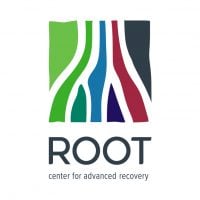

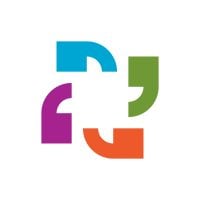
The facility name, logo and brand are the property and registered trademarks of Southeastern Council on Alcoholism and Drug Dependence - Outpatient Program, and are being used for identification and informational purposes only. Use of these names, logos and brands shall not imply endorsement. RehabNow.org is not affiliated with or sponsored by Southeastern Council on Alcoholism and Drug Dependence - Outpatient Program.

